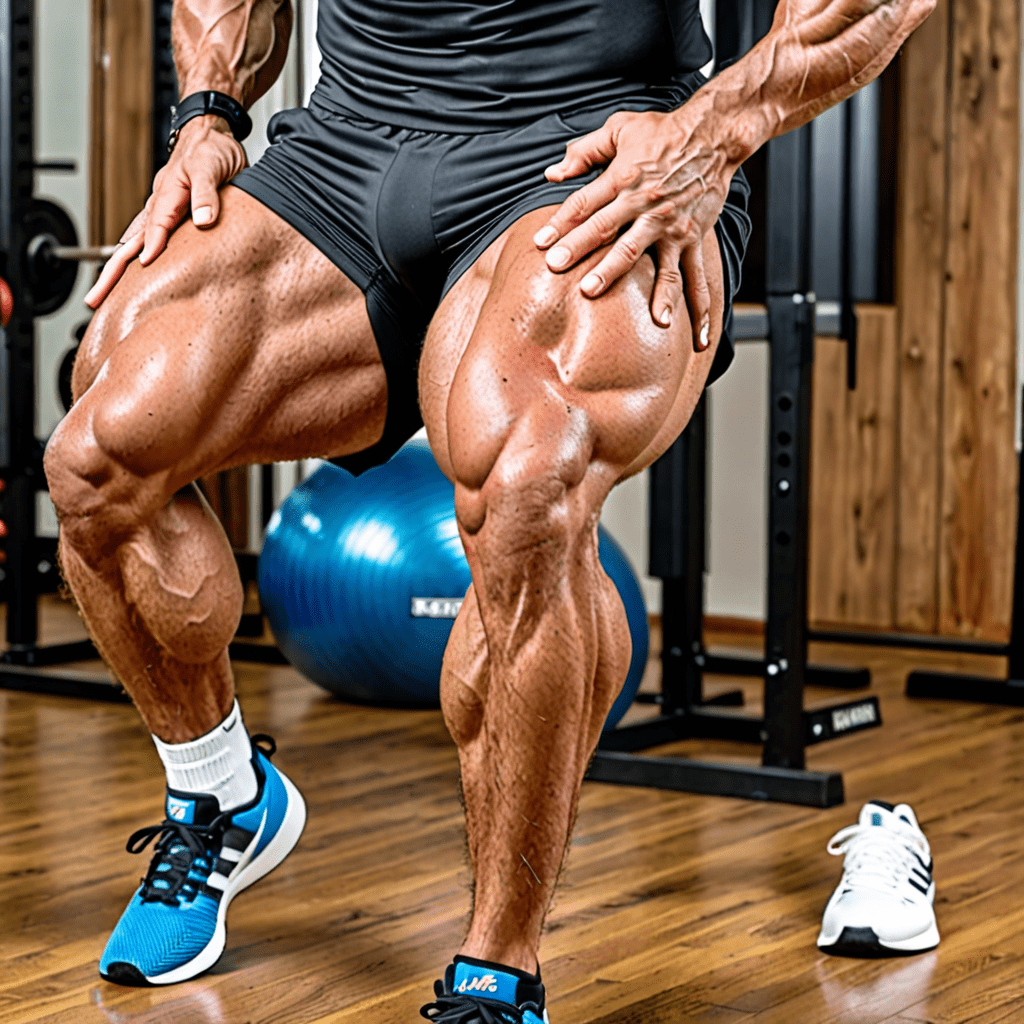Introduction: Veganism and Muscle Recovery
Veganism, a plant-based diet that excludes all animal products, has gained popularity for its ethical, environmental, and health benefits. While some concerns have been raised about the adequacy of a vegan diet for athletes, research indicates that it can support optimal muscle recovery after exercise. This article explores the essential nutrients and considerations for vegan athletes seeking to accelerate muscle healing processes. By understanding the specific requirements for muscle repair and identifying plant-based sources of these nutrients, vegan athletes can effectively optimize their post-workout recovery.
Understanding Muscle Recovery and Repair
Muscle recovery is a crucial process that allows muscles to repair themselves and regain strength after strenuous exercise. It involves various physiological mechanisms, including:
- Protein synthesis: Muscles require protein to repair and build new tissue.
- Inflammation reduction: Exercise creates microscopic tears in muscle fibers, triggering inflammation. Recovery involves reducing inflammation and promoting healing.
- Replenishment of glycogen stores: Glycogen is the primary energy source for muscles, and replenishing these stores is essential for recovery.
- Removal of waste products: Exercise produces waste products like lactate, which must be cleared for efficient muscle function.
Protein: The Building Block for Muscle Repair
Protein is the primary nutrient for muscle repair. It provides the amino acids necessary for synthesizing new muscle tissue. Vegan athletes need to ensure adequate protein intake to support recovery.
Plant-Based Protein Sources for Muscle Recovery
Contrary to misconceptions, plant-based diets can provide sufficient protein for muscle growth and repair. Excellent vegan protein sources include:
- Legumes (beans, lentils, chickpeas)
- Soy products (tofu, tempeh, edamame)
- Nuts and seeds (almonds, walnuts, chia seeds)
- Whole grains (quinoa, brown rice, oats)
- Nutritional yeast
6. Iron and Oxygen: Essential for Muscle Function
Iron is crucial for oxygen transport to muscles. Oxygen deficiency can impair muscle function and recovery. Plant-based iron sources include:
- Lentils
- Spinach
- Tofu
- Black beans.
7. Antioxidants: Fighting Inflammation and Boosting Recovery
Antioxidants help reduce inflammation and muscle damage. Vegan diets are rich in antioxidants from fruits, vegetables, and whole grains.
8. Electrolytes: Maintaining Hydration and Muscle Contractions
Electrolytes, such as sodium and potassium, are essential for hydration and muscle contractions. Vegan sources of electrolytes include:
- Sports drinks
- Coconut water
- Bananas.
9. Hydration: Crucial for Muscle Recovery
Adequate hydration supports muscle recovery and prevents dehydration, which can hinder performance and recovery. Aim to drink plenty of fluids before, during, and after exercise.
10. Supplements: Enhancing Recovery for Vegan Athletes
While a balanced vegan diet can provide most nutrients, some supplements may enhance recovery:
- Creatine: Enhances muscle strength and power.
- Beta-alanine: Buffers lactic acid buildup, reducing muscle fatigue.
- BCAA (Branched-Chain Amino Acids): Supports muscle growth and repair.
Consult a healthcare professional before taking any supplements.
FAQs
Q: Can vegans recover from muscle damage as effectively as non-vegans?
A: Yes, with a balanced diet rich in protein, iron, and other essential nutrients, vegan athletes can achieve optimal muscle recovery.
Q: What is the best way to ensure adequate protein intake as a vegan athlete?
A: Include a variety of plant-based protein sources in your meals. Consider using protein powders or supplements if needed.
Q: How much water should I drink for optimal muscle recovery?
A: Aim for approximately 16-20 ounces of fluid per pound of body weight per day, increasing intake during exercise.

